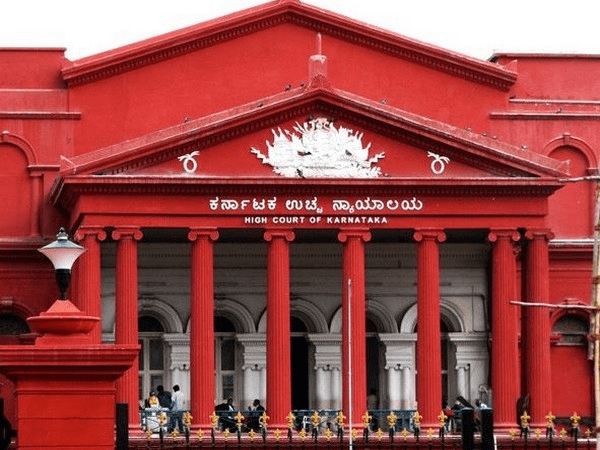The Karnataka High Court has dismissed a Public Interest Litigation (PIL) challenging the State Government order granting approval for the allotment of 95 acres of land for the establishment of the Davanagere District Pavan Electricity Unit by a company (Respondent No.5).
The petitioners are agriculturists residing in Kundur, Yakkanahalli, Thimlapura, Kumblur and Neralagundi villages of Honnali Taluk, Davanagere District. They have filed the PIL challenging the orders dated 23.08.2004 and 24.06.2005 passed by the Under Secretary, Revenue Department as well as the orders dated 02.11.2004 and 29.06.2005 / 07.07.2005 passed by the Deputy Commissioner, Davanagere District. In addition, the petitioners seek cancellation of the lease deeds dated 20.10.2005, 23.11.2005, 18.01.2008 and 22.11.2008.
The brief facts of the case is that the Government of Karnataka has established Karnataka Renewable Energy Development Limited (KREDL) as its nodal agency to look into all the aspects associated with renewable energy.
KREDL’s aim and object is to promote the projects for harnessing energy from wind, small- hydro, biomass and solar energy through private investment. On 03.03.2004, the Government of Karnataka sanctioned a proposal for grant of lease of 95 acres of land in various survey numbers in Honnali and Channagiri Taluks of Davanagere District to KREDL for a period of 30 years. Thereafter, on 24.06.2005 the State Government granted approval for allotment of 95 acres of land for establishment of Davanagere District Pavan Electricity Unit by respondent No.5.
Thereafter, the Government of Karnataka granted lease in favour of KREDL for the period of 30 years commencing from 07.01.2005, vide registered lease deed dated 20.10.2005 for the purpose of subleasing the same to respondent No.5 in respect of land measuring 53 acres situated in Neeralgundhi and Kumbalur villages. Upon grant of sublease, respondent No.5 established wind turbines on the lands which were leased by KREDL. Another limited company (respondent No.7) submitted an application on 27.01.2006 to KREDL seeking transfer of 6 MW project. The Government of Karnataka entered into an agreement on 10.03.2006 with MSPL Limited to set up a wind power project of 6 MW capacity located at Davangere District subject to terms and conditions mentioned therein. It is not in dispute that MSPL Limited has set up 10 units of wind turbine generators of 600 KW capacity and have been commissioned in 3 phases. MSPL Limited has entered into an agreement for supply of electricity with MESCOM on 26.07.2006. Thus, on the lands which were leased out, a renewable energy project has been set up which makes the energy available and also generates revenue for the State.
On perusal of the record, the Division Bench of Acting Chief Justice Alok Aradhe and Justice S. Vishwajith Shetty noted that the grievance of the petitioners is that the lands in question have been reserved under the provisions of Karnataka Land Revenue Act, 1964 as gomal land and, therefore, the same cannot be granted in favour of private respondents. The apprehension of the petitioners, as pleaded in the petition, appears to be that the extent of gomal land has been reduced without there being an order under Section 71 of the Act.
From the perusal of the statement of objections, the Bench observed that it is evident that the lands in question have been leased out to KREDL which have been in turn subleased to private respondent . Thus, it is evident that the nature of gomal land has not been changed.
Further, the Bench held that there is no prohibition to graze cattle on the leased land except where transformers, etc. have been erected and the private respondent have put up the fence. The land is neither reserved in favour of KREDL nor has been granted to private respondents. Therefore, the grievance of the petitioners appears to be misconceived.
On the other hand, the Court found that the land in question has been leased out in larger public interest for setting up of renewable sources of energy, namely generation of electricity by wind power which in turn earns revenue to the State Government.


